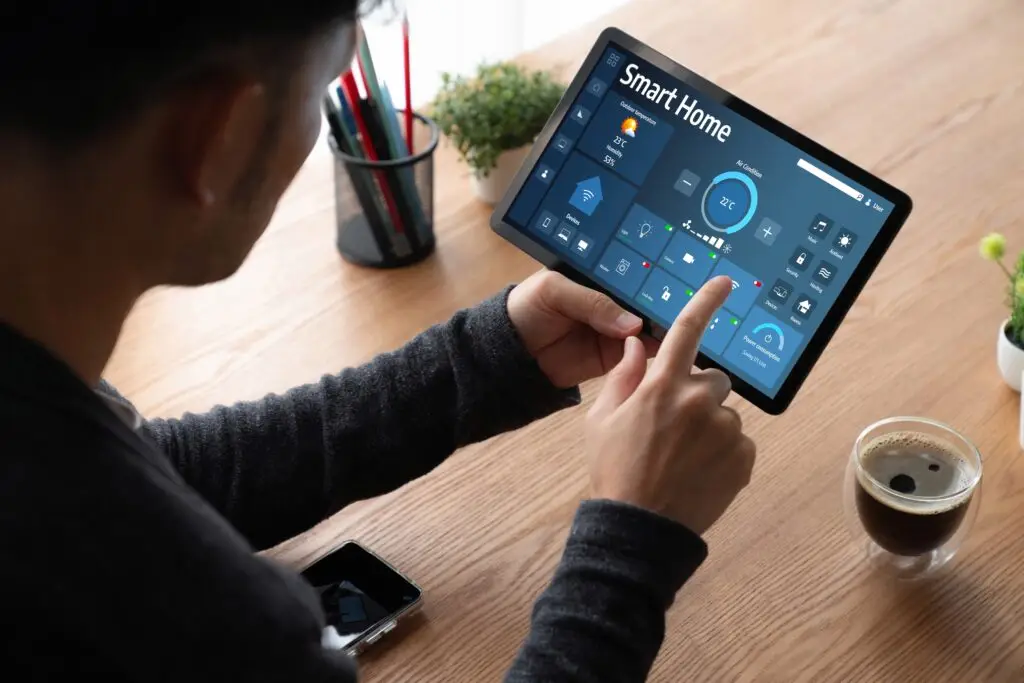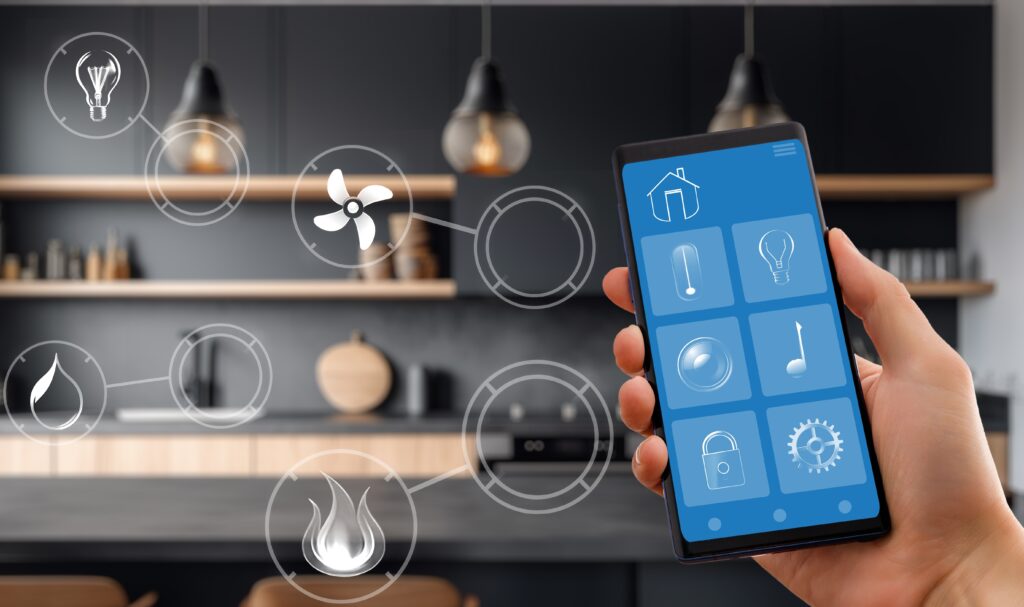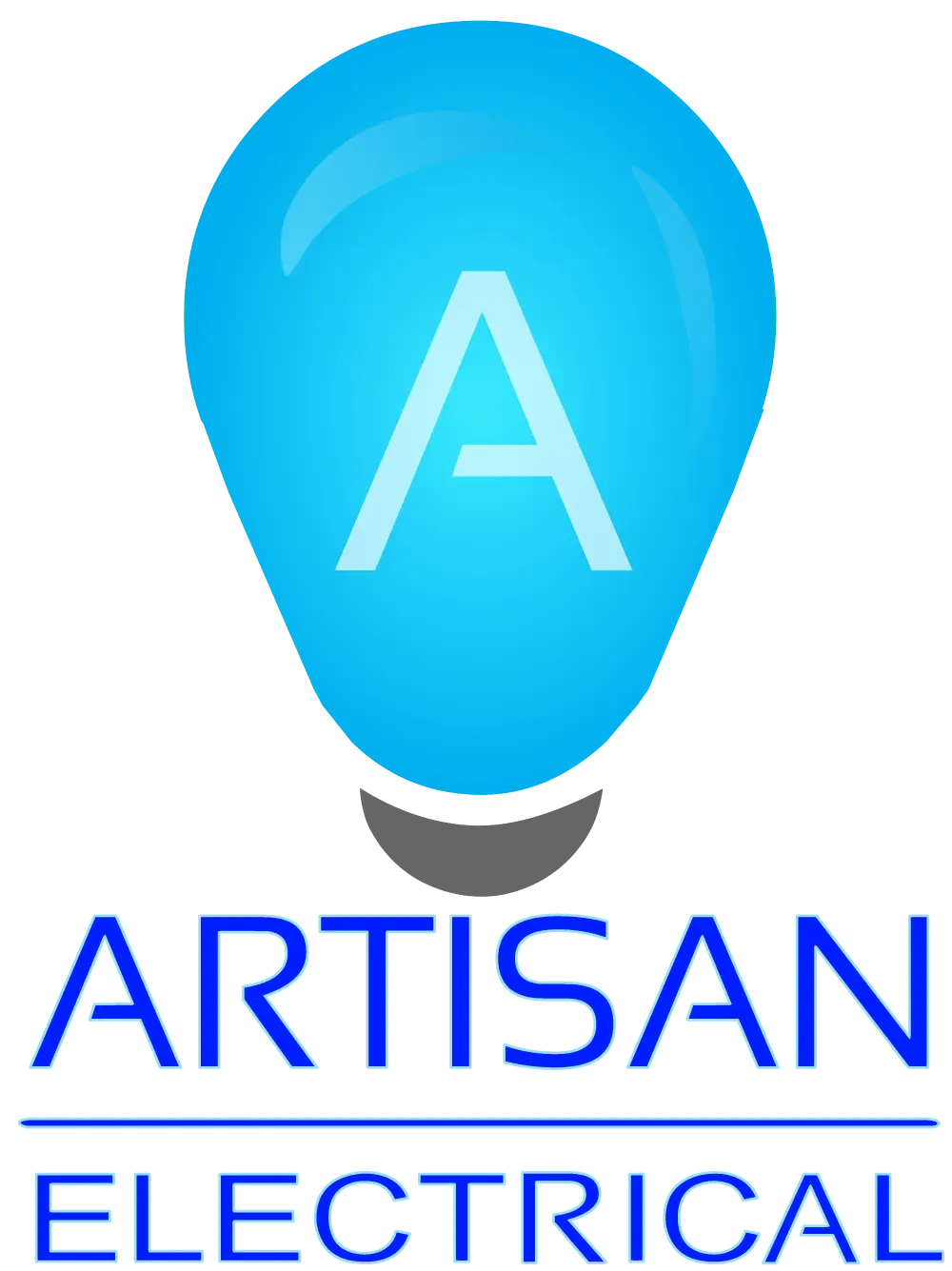Smart Home Upgrades: What You Can and Can’t DIY
Smart home technology is more popular than ever, with homeowners looking to enhance security, convenience, and energy efficiency. From app-controlled lighting to voice-activated thermostats, the possibilities are impressive — but when it comes to installation, knowing what you can safely do yourself (and what you shouldn’t) is key.

✅ What You Can DIY
1. Smart Speakers & Assistants
Devices like Amazon Echo or Google Nest are designed for plug-and-play use. Setting them up typically just requires a power socket and a Wi-Fi connection.
2. Smart Bulbs & Plug Sockets
Swapping standard bulbs for smart ones or using Wi-Fi-enabled plug sockets is straightforward. Most can be installed without tools, and setup is handled through mobile apps.
3. Video Doorbells (Battery Powered)
Many battery-powered doorbells (like Ring or Eufy models) can be installed with basic tools. However, if hardwiring is required, it’s best to call a qualified electrician.
4. Smart Thermostats (If Replacing the Thermostat Only)
If you’re replacing a like-for-like smart thermostat and confident with low-voltage wiring, this can sometimes be a DIY job. Just be cautious — incorrect installation can damage your heating system.
❌ What You Shouldn’t DIY
1. Hardwired Smart Devices
Any smart device that connects directly to your home’s mains supply (like smart switches, wired thermostats, or integrated lighting systems) must be installed by a qualified electrician. Improper wiring can lead to electric shock, fire hazards, or insurance issues.
2. Consumer Unit Upgrades for Smart Systems
Upgrading your fuse box or consumer unit to accommodate smart home additions requires professional knowledge. This work is notifiable under Part P of the Building Regulations, meaning it must be done by a registered electrician.
3. Smart CCTV or Security Alarms
While some kits are DIY-friendly, a professional installation ensures proper coverage, secure wiring, and system integration — especially for larger or more complex setups.
4. EV Charger Installation
Smart electric vehicle chargers must be installed by a qualified electrician to ensure they meet UK safety standards and qualify for any government grants.
Why It’s Worth Going Pro
Even if a device looks simple to install, electrical work often carries hidden risks. Hiring a certified electrician means:
Your installation complies with UK regulations
You’re covered by warranties and insurance
You get safe, reliable performance from your smart tech

Need Help with a Smart Home Project?
At Artisan Electrical & Security, we’re experienced in planning and installing a wide range of smart systems — from lighting and heating controls to full-home automation. Whether you’re just getting started or want a complete upgrade, we’re here to help.
📞 Contact us today to discuss your smart home plans.
